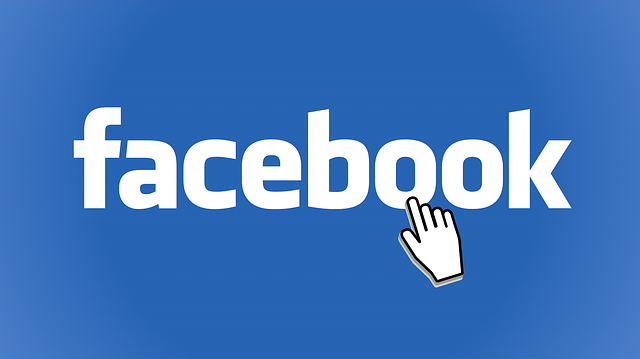 If Facebook were are country, it would be the third most populous in the world. People in the remotest areas are getting close to being as connected as people in cities in the US. What does it all mean?
If Facebook were are country, it would be the third most populous in the world. People in the remotest areas are getting close to being as connected as people in cities in the US. What does it all mean?
Facebook, Amazon, and Google are all pushing hard to fundamentally reshape the world we live in. Their aims, goals, and strategies are all quite different, but if they get their way, then the world is about to get a lot smaller. Here's an overview of what they want to do and how they plan to go about it.
Google's plan for global dominance revolves around the launch of a necklace of satellites that will circle the globe and provide low cost, wireless broadband internet access to the whole of the planet. The benefits to the Internet Titan are immediately obvious. More access means more searches. More searches means more total commerce, and Google has a big part to play in all of that, to say nothing of the potential profits to be gained by providing cheap internet access to all.
Amazon
In Amazon's case, their plans center around drones. In some respects, Amazon's path will be the hardest, because they plan to use drones as delivery vehicles. In addition to having to overcome a variety of hurdles set forth by the FAA and other agencies, you can expect Amazon's plan to meet stiff resistance from lobbyists working on behalf of carriers like DHL, UPS, and FedEx. They know full well that if drone delivery becomes mainstream, then their current business model becomes obsolete overnight, unless they can somehow scurry to catch up.
Mark Z's plan also relies on drones, but takes a very different form. In the original telling of the tale, he planned to suspend servers from hot air balloons stationed strategically around the planet to accomplish the same thing that Google's satellite plan would; internet access for all. That plan has undergone revisions, and will now rely primarily on solar powered drones to keep the mobile servers aloft at an altitude of some 65,000 feet.
At this altitude, the Facebook plan is likely to run afoul of fewer FAA regulations, and won't see any significant push back from lobbyist groups in the way that Amazon's strategy would. It also stands to be a fair bit more cost effective than launching, then maintaining a globe spanning array of satellites. That makes it interesting. There's nothing inherently wrong with Google's approach, and they've certainly got pockets deep enough to pull it off, but the Facebook plan is quirky and innovative, representing an interesting mashup of existing technologies.
As with Google's plan, the financial benefits are immediately obvious. There are potentially billions of new Facebook users, which would translate into an enormous advertising windfall for the social media giant. It's easy to think that those people are all poor and have nothing to add to the global economy, but this is rather a backward looking view. It's a fact that once people's basic needs are satisfied, and in fact, sometimes before they are satisfied, they have an almost insatiable appetite for entertainment, information and communication, not to mention education.
All three companies are forging ahead with their respective plans, and over the next two to five years, you can expect to see the initial fruits from their labors. All three plans will undoubtedly undergo further revisions and refinements, but it would be folly to bet against all three of these might organizations, seething with innovative brainpower.
One way or another, you can expect that drones will increasingly be used as delivery vehicles, and by some means or another, the world is going to be fully interconnected. If you think the pace of change is enormous now, wait until the whole of the planet is connected. This is only the beginning.

